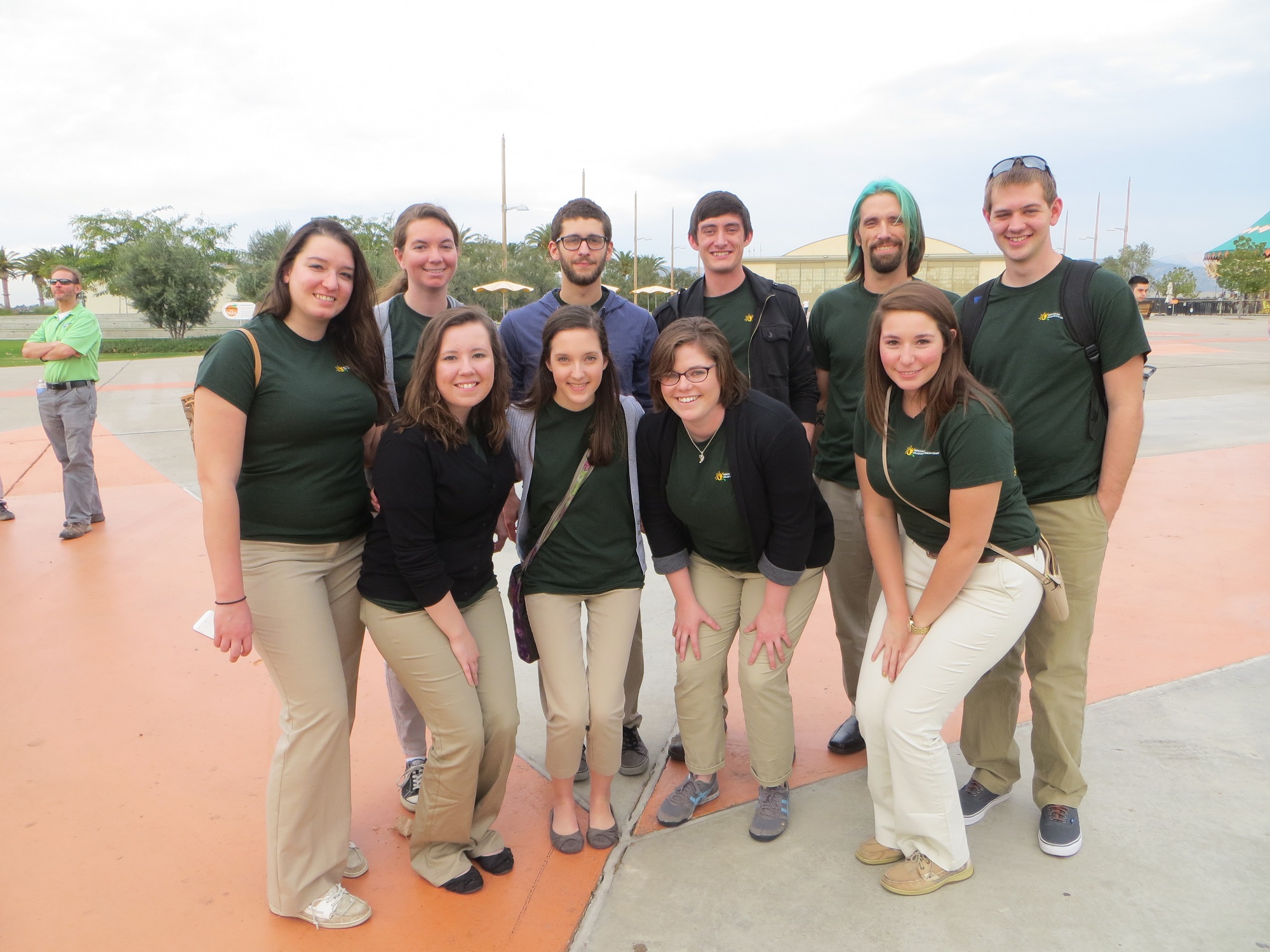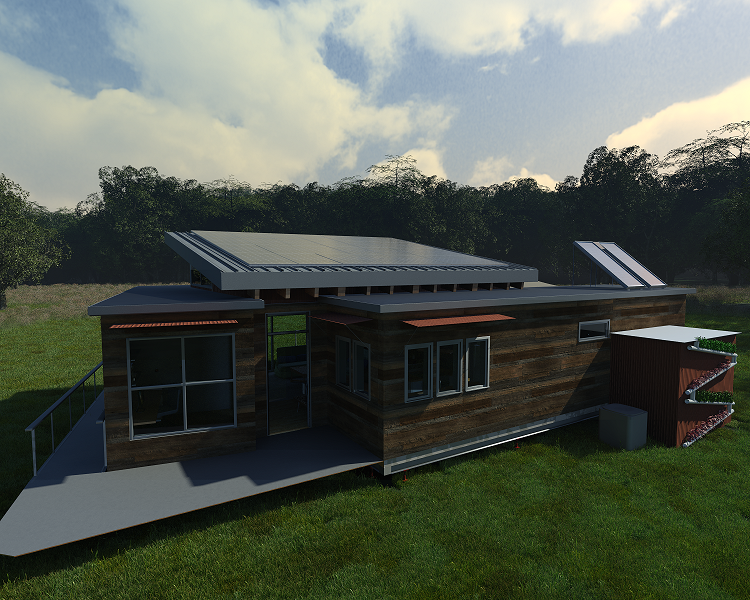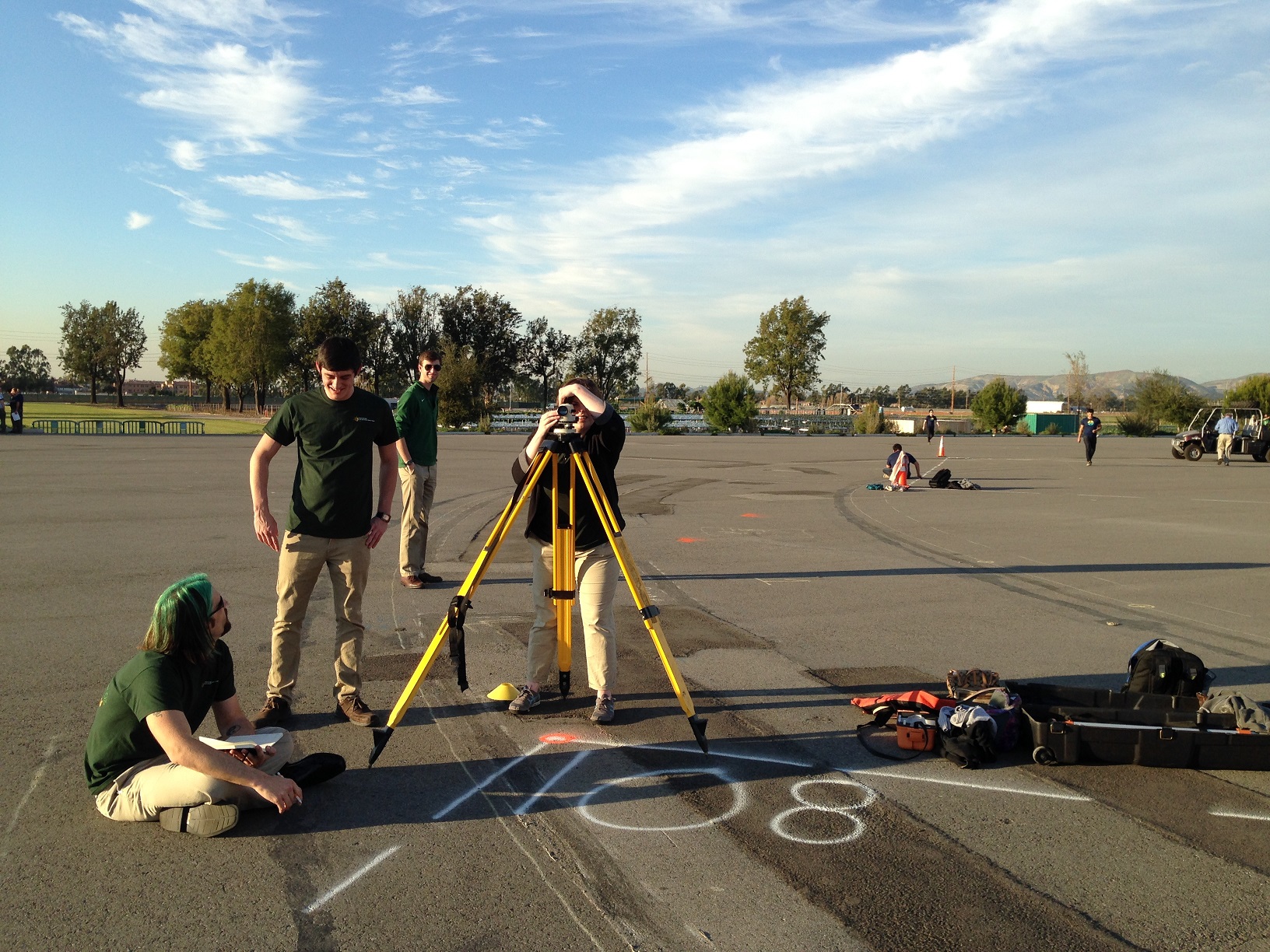Missouri University of Science and Technology Adds a Solar Nest
Monday, March 2, 2015By Ernie Tucker
The Missouri University of Science and Technology team is building the latest addition to its campus colony of student-designed, energy-efficient houses. The team is creating a “nest” to compete in Solar Decathlon 2015. After the October competition, the Nest Home—designed for a growing family—will return to the Rolla, Missouri, campus to take its place alongside the school’s 2002, 2005, 2007, 2009, and 2013 Solar Decathlon competition houses as part of a student housing and research site.
“Our team has been around so long, it enables us to see the effects of the projects from the past,” says Mary Puleo, a junior from St. Louis who is the Nest Home project manager.
Years of Solar Decathlon participation have enabled the university’s vision to extend beyond the competition to include a range of renewable energy outreach initiatives within the community. The team holds three to six events each month—hosting Scout troops, offering community and student showcases, and spreading the word about sustainable living.

Members of the Missouri University of Science and Technology team gather at the Orange County Great Park on Jan. 9. (Credit: Carol Laurie/U.S. Department of Energy Solar Decathlon)
Puleo says that having a team in so many Solar Decathlons means that “we have a really strong support system.” For example, this year’s team includes several 2013 decathletes who are helping Puleo and about 60 teammates prepare for the 2015 solar showdown in Irvine, California. Students are involved throughout the entire process, from initial proposal through conceptual design and final construction. This experiential learning opportunity allows undergraduates to gain hands-on experience outside the classroom and work closely with both consultants and skilled tradesmen.
The 2015 house is designed to serve a family “from a full nest to an empty nest” and will be built using local recycled materials as much as possible. The core structure consists of three repurposed shipping containers that form a deconstructed triangular space similar to a bird’s nest. Although this open-floor concept is designed to work for a couple and small children in two bedrooms, it also allows the possibility of adding or subtracting recycled containers to modify the living quarters as needed.

The Nest Home will be constructed of recycled materials, including shipping containers that form a triangular space like a bird’s nest and an exterior clad with used shipping pallets. (Courtesy of the Solar Decathlon 2015 Missouri University of Science and Technology team)
The team’s dedicated approach attracted Puleo when she was a freshman in 2012. Over time, her bonds to the undergraduate decathletes have grown along with her duties.
“It’s great to see others finding the passion for this type of project,” she says. Originally working as director of finance, she took over as project manager in August 2014.

At the Orange County Great Park, Missouri University of Science and Technology team members survey the lot where they will build the Nest Home for Solar Decathlon 2015. (Credit: Amy Vaughn/U.S. Department of Energy Solar Decathlon)
“Every day, I’m pushing my boundaries,” says the environmental engineering student. “But this is a tremendous opportunity, something regular students don’t experience—and something I’ll always value because it helps you figure out what you want to do in life.”
Puleo says the Nest Home experience will launch fledgling careers in fields that can impact the future and promote sustainability. She’s proud to be part of a long-standing tradition—and a new beginning. The Nest Home crew joins the rest, she says, in the Solar Decathlon experience, which “empowers us to find ways to keep the world going.”
Ernie Tucker is a member of the U.S. Department of Energy Solar Decathlon communications team.
Tags: Missouri S&T, Solar Decathlon, Solar Decathlon 2015, Teams
